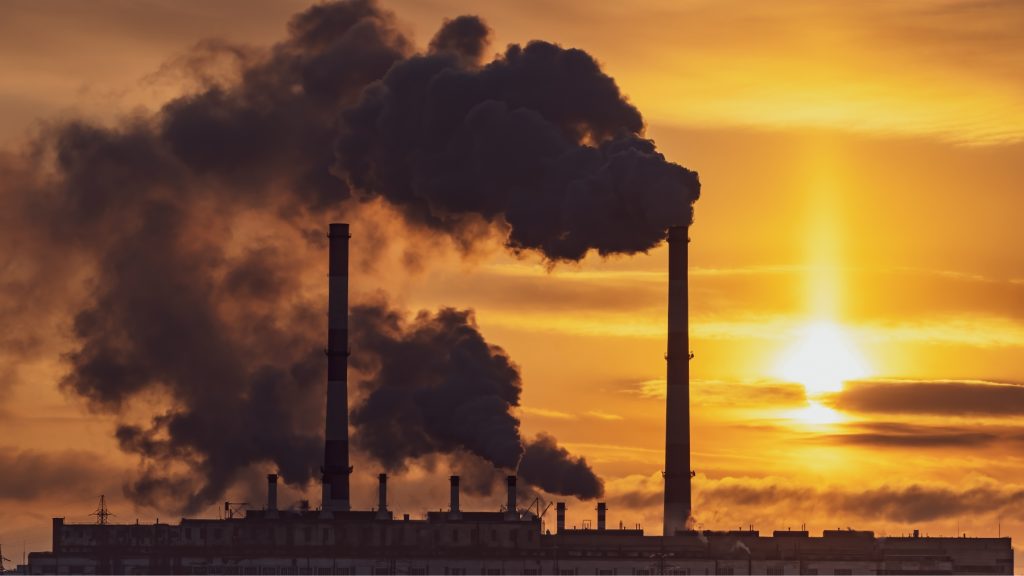
A recent study unveils the outsized role of the richest 10% in fueling the US climate-altering emissions, changing the rules of the capitalism games.
- Emissions are linked to different income sources, revealing a more intricate perspective on climate responsibility.
- Top 10% of US households, with incomes over $178,000, contributed to 40% of the nation’s emissions.
On August 17th, a study published in the journal PLOS Climate exposed the disproportionate role of America’s wealthiest 10% in contributing to the nation’s climate-altering emissions, underscoring the urgent need for taxation reforms to tackle the climate crisis more equitably.
The study, titled “Income-based U.S. household carbon footprints (1990–2019) offer new insights on emissions inequality and climate finance,” spotlights the emissions associated with income sources, uncovering a more nuanced understanding of climate responsibility.
Contrary to popular belief, the research indicated that the responsibility for carbon emissions is not solely confined to consumption patterns, but also extends to the investments and income-generating activities of the affluent.
OH! Would you look at that?
My food preferences are not making or breaking the planet. At least not on their own.
The researchers analyzed three decades of income data (1990-2019) and their corresponding emissions. As a result, the researchers established a direct link between high-income households and carbon pollution. As one ascends the income ladder, an increasing portion of emissions emerges from investments, rather than traditional wages. Lead author and sustainability scientist Jared Starr of the University of Massachusetts Amherst emphasized that “as you move up the income ladder, an increasing share of emissions is associated with investments.”
According to the data, the top 10% of American households, earning over $178,000, were accountable for 40% of our world’s emissions. Even more telling, the top 1% of households, with incomes surpassing $550,000, contributed to 15%-17% of these emissions.
A subset of these affluent households, largely tied to industries like finance, insurance, and mining, referred to as “super-emitters,” generated a staggering 3,000 tons of carbon pollution annually. A blinding contrast to the estimated sustainable carbon footprint for individuals to combat climate change, 2.3 tons per year.
While conventional wisdom often suggests that individual consumers are the primary culprits behind emissions, this study shifts the focus to investments as a major contributor. In the Abstract, the team wrote, “Even when allowing for a considerable range of investment strategies, passive income accruing to this group is a major factor shaping the U.S. emissions distribution. Results suggest an alternative income or shareholder-based carbon tax, focused on investments, may have equity advantages over traditional consumer-facing cap-and-trade or carbon tax options and be a useful policy tool to encourage decarbonization while raising revenue for climate finance.”
The research challenges the conventional approach of taxing consumer goods, which disproportionately impacts lower-income groups. It’s as if in the capitalism game, the top players want the rest of us to remain at the bottom. The authors advocate for shifting the responsibility on wealthy shareholders and their investments to promote a fairer distribution of the financial burden for emissions reduction.
Previous data from the nonprofit Oxfam revealed that billionaire-generated planet-heating pollution was a million times higher than the average individual outside the top 10% worldwide.
Inside Telecom provides you with an extensive list of content covering all aspects of the tech industry. Keep an eye on our Tech sections to stay informed and up-to-date with our daily articles.